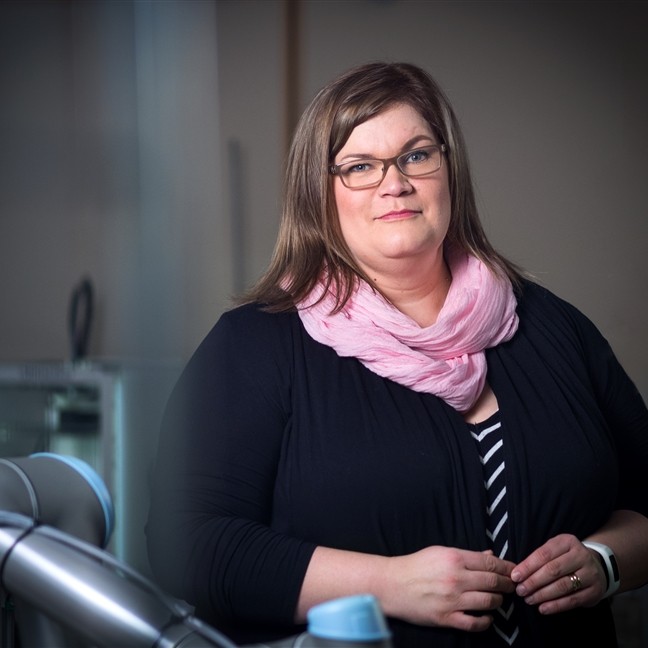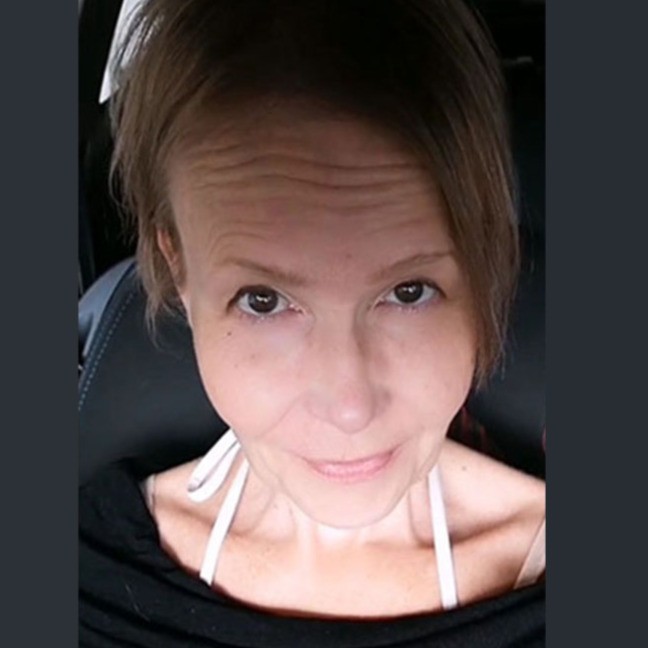GAMMA – GAMe-based learning in MAthematics
In a modern world, there is a growing need for STEM (science, technology, engineering and mathematics) skills. This poses a great challenge to mathematics teachers and all educators involved. Teaching mathematics by using innovative, creative and modern methods is a way to decrease the number of students with insufficient skills in the field of mathematics, which is one of the goals of European Cooperation in Education and Training (ET 2020). Furthermore, this is a way to motivate students to choose a university in the STEM area, which is one of the priorities under Horizon 2020. Making better use of digital technology for teaching and learning and developing digital competences and skills are also priorities of the 2018 Digital Education Action Plan of the European Commission.
Since students spend a lot of time in a digital environment, it is their natural environment. The aim of the project is to direct student knowledge of digital games and their connection thereto to enhance their mathematical skills. Since teachers should have a leading role in this process, we will develop educational materials which will be useful to all mathematics teachers who would like to use game-based learning (GBL) founded on digital technology. The main goal of the project is to create a GAMMA handbook for teachers, focused authoring systems (FAS) for the production of digital games, a teaching scenario template, eight teaching scenario examples and five games connected with them based on GBL for mathematics curriculum topics for students aged 14-18 years in all project countries. The target group are mathematics teachers who teach students of the said age. The aim of the project is to develop teacher competences in GBL and encourage them to use and apply digital technologies in their teaching practice.
The consortium consists of partners from the following four countries: Croatia, Greece, the Netherlands and Finland. Those are countries with different achievements in the fields of mathematics and science according to PISA 2018 results (Finland and the Netherlands are countries with results above the average, and Croatia and Greece are countries with results under the average).
During the training activities, participants from each project organisation will be trained on GBL and they will work on the development of a teaching scenario template, eight teaching scenario examples, and five games connected with them based on GBL for mathematics curriculum topics for students aged 14-18 years in all project countries. A scientific approach of universities and experience of schools and the ETTA in the teaching process will guarantee that we will develop high-quality teaching scenario examples and games connected with them. Around 40 educators from universities, schools and the ETTA will be included in the training activities.
Teaching scenario examples will be piloted in the real context, i.e., in mathematics classrooms of participating schools and schools from the Netherlands. After the piloting phase, universities will adapt scenarios according to feedback obtained from schools. In local dissemination events in each partner country, we will train 120 school teachers on GBL founded on digital technology and motivate them to use GAMMA educational materials in their teaching process. The final conferences will be held in Croatia and Greece, and they will be used to disseminate the project intellectual outputs among the educational community and encourage teachers, as well as other educational stakeholders, to re-use the project outputs after the end of the project.
Through project activities, partnerships between schools and higher education institutions will be developed not only at national, but also at EU level. During project activities, all educators from partner organisations will improve their digital skills and teaching competences. They will also gain insight into other European educational systems and they will develop their language skills.
All prepared materials will be adapted to every participating country so that they can be used not only by partner schools, but also by other schools from participating countries. Since all materials will also be available in English, they can be translated to other languages and used in other EU countries. GBL is an upcoming and relevant subject for education in general, not only in mathematics. The GAMMA handbook for teachers can also be used as material which can introduce GBL in other subjects in EU schools.

